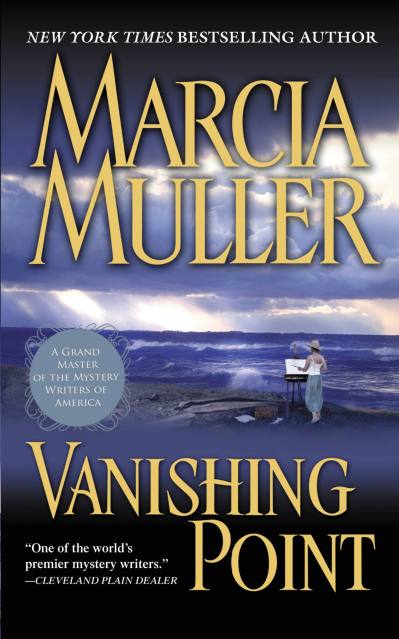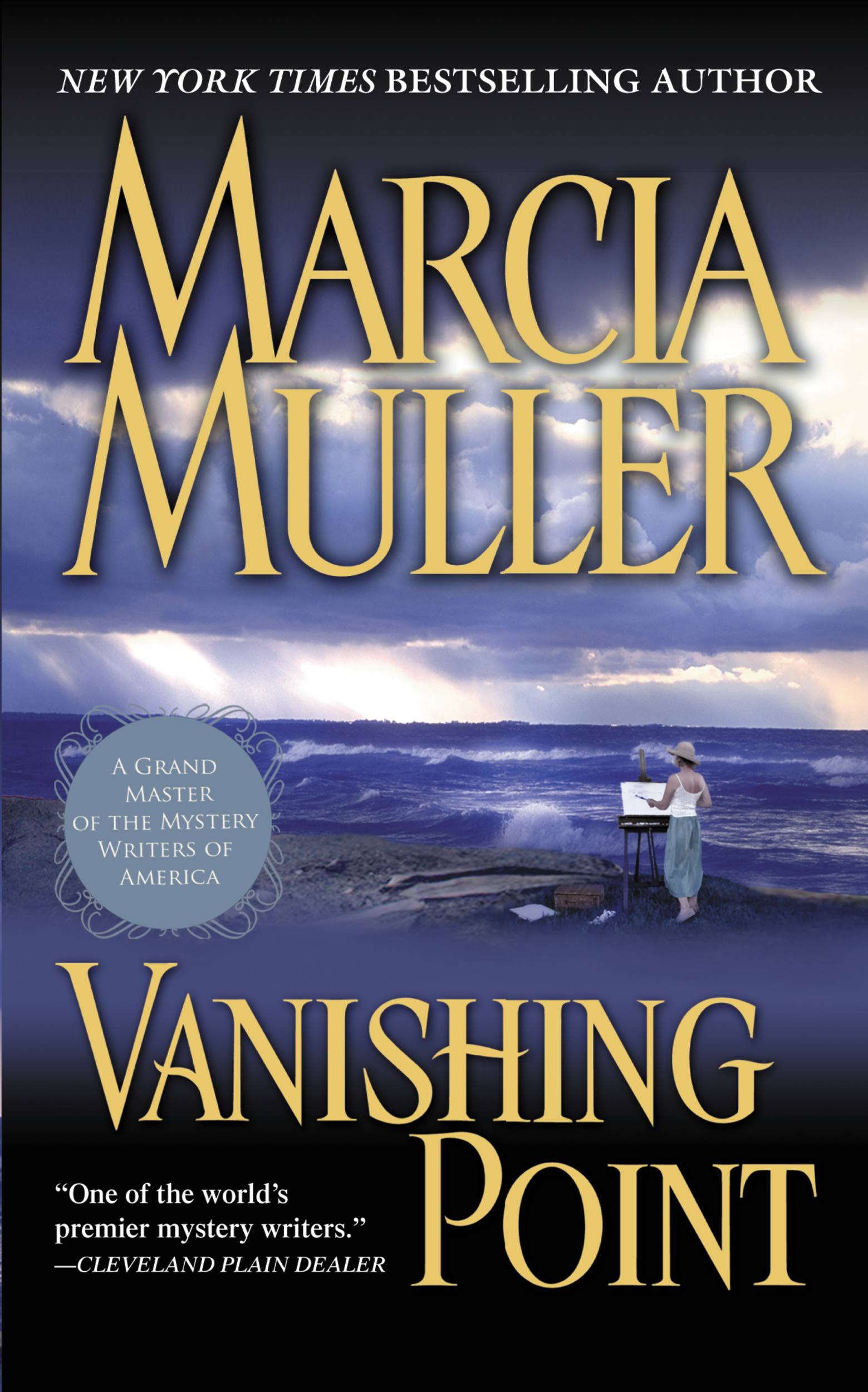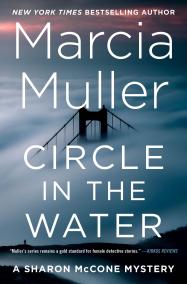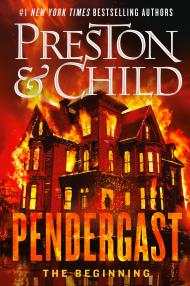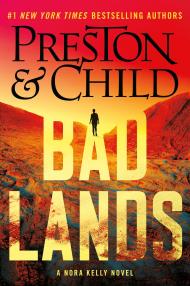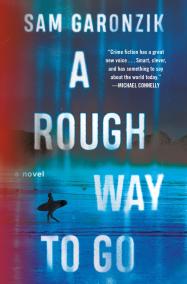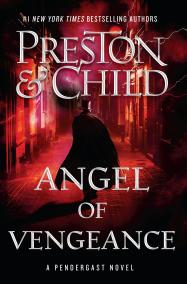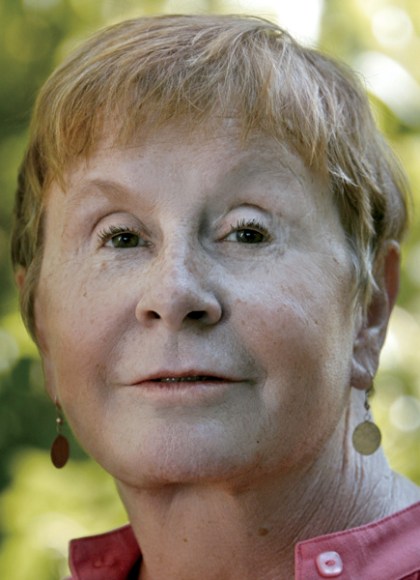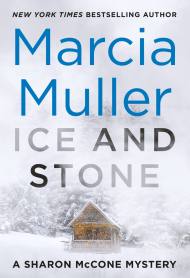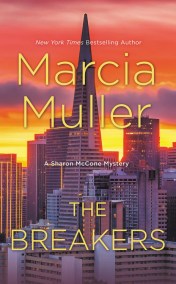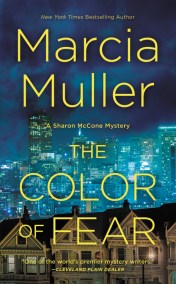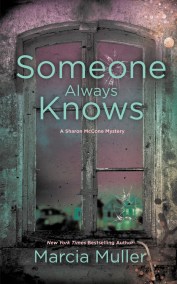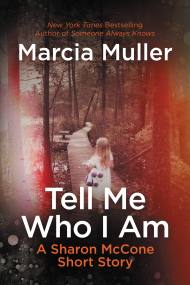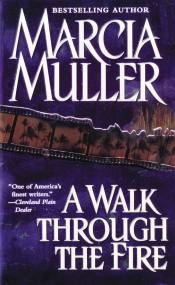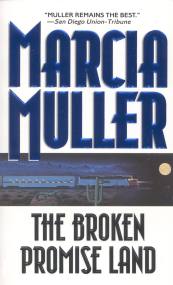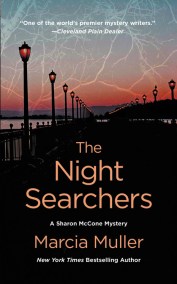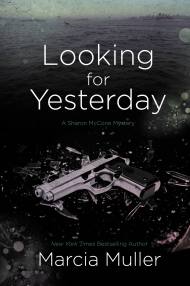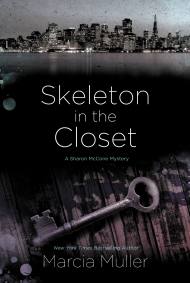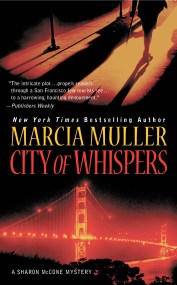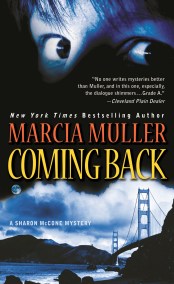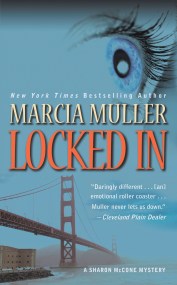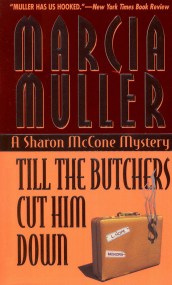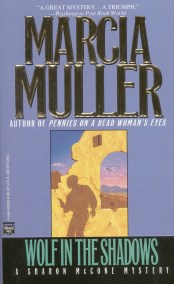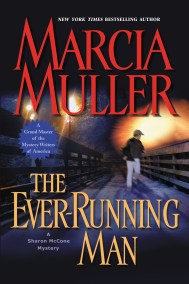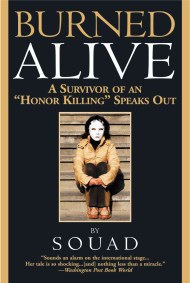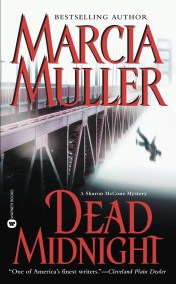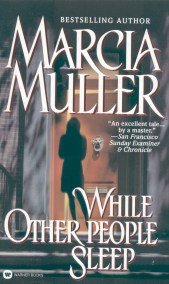By clicking “Accept,” you agree to the use of cookies and similar technologies on your device as set forth in our Cookie Policy and our Privacy Policy. Please note that certain cookies are essential for this website to function properly and do not require user consent to be deployed.
Vanishing Point
Contributors
Formats and Prices
- On Sale
- Jul 10, 2006
- Page Count
- 336 pages
- Publisher
- Grand Central Publishing
- ISBN-13
- 9780759567771
Price
$6.99Price
$8.99 CADFormat
Format:
ebook $6.99 $8.99 CADThis item is a preorder. Your payment method will be charged immediately, and the product is expected to ship on or around July 10, 2006. This date is subject to change due to shipping delays beyond our control.
Buy from Other Retailers:
In the latest installment in this critically acclaimed series, Sharon McCone is hired to investigate one of San Luis Obispo County’s most puzzling cold cases. A generation ago, Laurel Greenwood, a housewife and artist, inexplicably vanished, leaving her young daughter alone. Now, new evidence suggests that the missing woman may have led a strange double life. But before McCone can penetrate the tangled mystery, she must first solve a second disappearance–that of her client, the now grown daughter of Laurel Greenwood. The case, which forces Sharon to explore the darker sides of two marriages, comes uncomfortably close on the heels of her own marriage to Hy Ripinsky, and she begins to doubt the wisdom of her impulsive trip to the Reno wedding chapel.
Series:
Newsletter Signup
By clicking ‘Sign Up,’ I acknowledge that I have read and agree to Hachette Book Group’s Privacy Policy and Terms of Use
